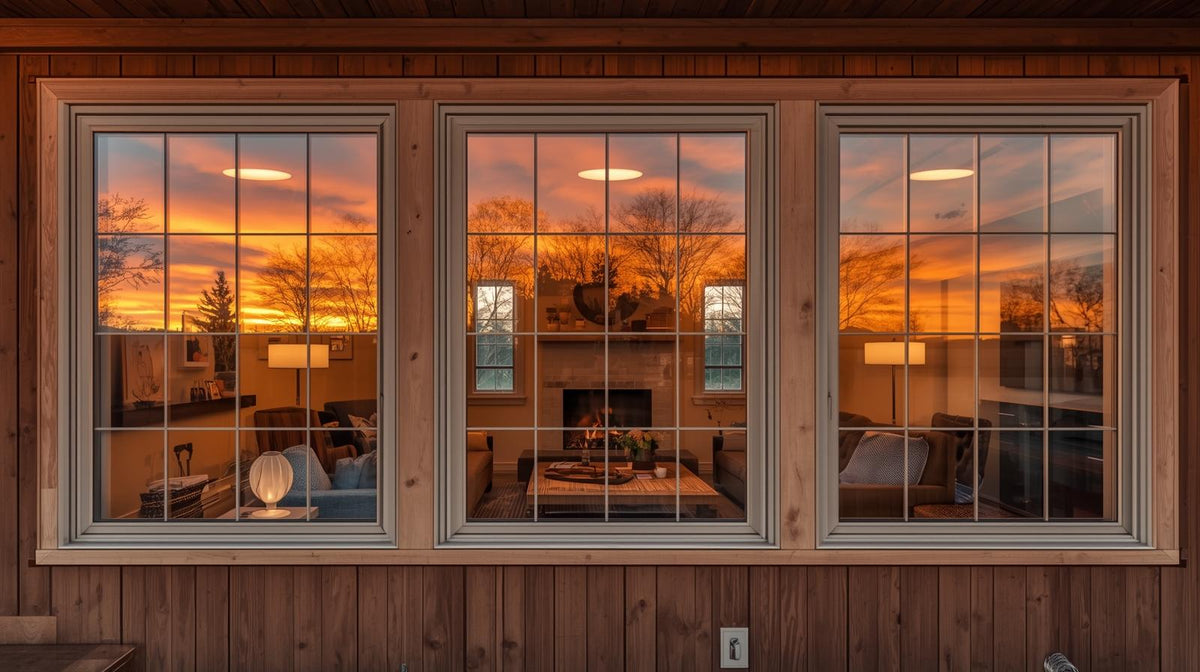
Mirrors in Filipino Homes: 7 Feng Shui Mistakes You Might Be Making!
|
Time to read 4 min
|
Time to read 4 min
In the Philippines, mirrors are everywhere — from grand sala mirrors in traditional ancestral homes to trendy full-length mirrors in modern condos. Aside from their practical use for checking your reflection, mirrors also hold deep symbolic meaning in Feng Shui, the ancient Chinese practice of arranging spaces to encourage the flow of good fortune and positive energy (chi).
While mirrors can double luck, brighten dark corners, and create the illusion of space, they can also magnify bad energy, reflect away prosperity, and cause disharmony if used incorrectly. Unfortunately, many Filipinos unknowingly commit mirror placement mistakes that invite more bad luck than good.
This article will guide you through the 7 most common Feng Shui mirror mistakes in Filipino homes — and more importantly, how to fix them.
Table of contents
In Feng Shui, mirrors are called the “aspirin” of the home — they can cure problem areas but also worsen negative energy if not applied properly.
For Filipino households, mirrors are often placed in:
Entryways for a welcoming feel
Dining rooms to make the space look bigger
Bedrooms for convenience
Living rooms as decorative accents
But here’s the catch: In Feng Shui, mirrors don’t just reflect physical space — they reflect and amplify the energy of whatever they show. That’s why knowing where to put (and not put) them is crucial.
When a mirror faces the front door directly, it reflects incoming chi right back out of the home. This means any good luck, opportunities, or financial blessings entering your home will bounce away.
In many Filipino homes, especially in apartments and townhouses, a mirror is placed in the narrow hallway facing the main entrance to “make it look bigger.” Unfortunately, this is a wealth-repelling setup.
Place the mirror on a side wall instead, so it reflects light without pushing energy out.
If moving it isn’t possible, cover the mirror temporarily when guests or deliveries arrive to avoid reflecting wealth out.
Why It’s Bad:
Cause restless sleep and bad dreams
Invite a “third party” into relationships (symbolically representing infidelity)
Drain personal energy
Closet doors with built-in mirrors or a vanity table positioned opposite the bed are popular in Filipino bedrooms — but these can unknowingly harm your love life and health.
Move mirrored furniture away from the bed’s direct view.
Use a curtain or decorative fabric to cover mirrors at night.
Cracked, chipped, or tarnished mirrors distort images and represent distorted energy in life — from health issues to financial instability.
An old, antique mirror inherited from grandparents may have sentimental value, but if it’s damaged, it could be symbolically “reflecting” misfortune into the present.
Repair or replace broken mirrors immediately.
If sentimental, keep the mirror but avoid displaying it prominently.
Why It’s Bad:
Mirrors double whatever they reflect — so if they face messy piles, unwashed dishes, or storage boxes, they’re doubling clutter and chaos.
Small condo kitchens with mirrors facing dish racks or living room mirrors reflecting toy-filled corners.
The stove represents your household’s food supply and wealth. If a mirror reflects the stove, it symbolically “burns” wealth. Similarly, mirrors reflecting the dining table can lead to overeating, conflict during meals, or family disagreements.
Mirrors installed as backsplash tiles in kitchens or mirrored walls in dining rooms, often for a “modern” look, can be a hidden Feng Shui problem.
Use a neutral backsplash instead of reflective surfaces behind stoves.
In dining rooms, use mirrors on side walls, not directly opposite the table.
Why It’s Bad:
While mirrors can make small condos or rooms feel bigger, too many mirrors create chaotic, scattered energy.
Studio units with mirrored closet doors, mirrored walls, and mirrored furniture all in one space.
Limit mirrors to one or two strategic placements.
Use other space-enhancing techniques like lighter wall colors and good lighting.
Bathrooms are considered areas of energy drain in Feng Shui. A mirror facing the toilet magnifies this draining effect, symbolically “flushing away” good fortune.
Small CRs (comfort rooms) with mirrored cabinets right across from the toilet.
Move mirrors to the side of the sink.
Keep toilet lids closed to minimize energy loss.
Use mirrors to attract wealth by reflecting symbols of abundance, like fruit bowls or fresh flowers.
Brighten dark areas by placing mirrors where they catch natural light.
Create depth by using mirrors opposite windows with beautiful garden views.
Avoid mirrors in children’s rooms — they can disturb sleep.
If moving a mirror is not possible, pair it with Feng Shui cures from trusted suppliers like Royal Dragon Decor:
Money Frog – Placed near a mirror (but not facing the door) to amplify wealth attraction.
Wu Lou – Near bedroom mirrors to protect health and prevent negative energy.
Pi Xiu – Near entryway mirrors to keep wealth energy inside.
Mirrors in Filipino homes are more than decorative; they’re powerful Feng Shui tools that can invite good luck or push it away depending on how you use them. By avoiding these 7 common mistakes and applying proper placements, you can transform your mirrors into magnets for prosperity, harmony, and health in 2026 and beyond.
Mirror Mistakes You Might Be Doing in Your Home!

